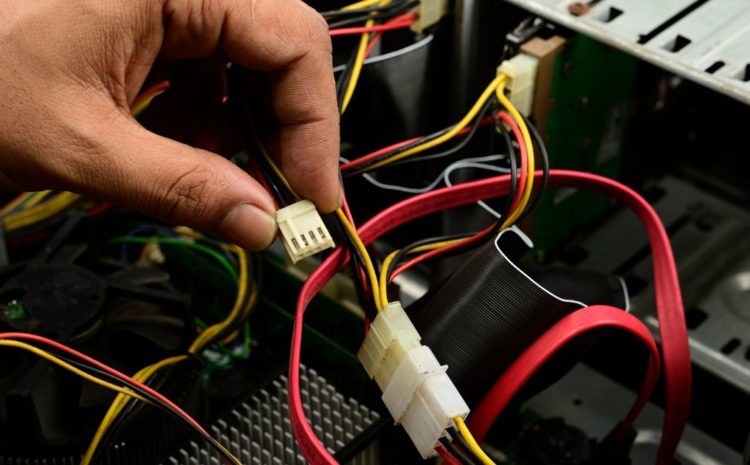
5 Tips To Choose the Right Custom Marine Wire
Marine wiring requires materials that are not only high performing but also reliable and durable. Choosing the right marine wire can be tricky since there is a wide range of materials available. You need to consider several factors, such as the right insulation, conductor type and size, temperature ratings, and coatings. Here are some tips to help you select the right marine wire for your needs.
1. Consider the Conditions of Use
Before choosing a type of custom marine wiring harness, you need to consider the conditions of use. This includes factors such as water exposure and temperature ratings. Consider the environment where your wire will be used and the temperature range it will be exposed to. This will help you choose a suitable material for the specific environment.
For example, if you are using your wire in an area with high temperatures, opt for a material that can withstand extreme heat. This can be a silicone wire, which has a temperature rating of up to 200°C, or a PTFE wire, which can withstand up to 260°C.
2. Choose the Right Insulation
The insulation of a custom marine wiring harness plays an essential role in ensuring the safety and performance of your wiring. Choose an insulation material resistant to abrasion, chemicals, and moisture. Options include polyurethane, PVC, nylon, and rubber-based insulation materials. Also, consider the thickness of the insulation; thicker insulation will provide better protection for your wiring.
Other factors to consider when choosing the insulation are flame retardant properties, dielectric strength, and UL rating.
3. Check the Conductor Type and Size
The conductor type and size of the custom marine wiring harness should be based on the voltage and current requirements of your wiring. Copper is the most commonly used conductor material for marine cables, offering superior conductivity and corrosion resistance. You should also consider the cross-sectional area of the conductor to ensure it can handle the required current flow.
The most popular conductor sizes for marine wiring are AWG 16 and AWG 18.
4. Select the Right Coating
The coating of the best custom marine wire should be chosen based on the environment in which it will be used. Coating materials such as polyurethane and PVC provide extra protection against abrasion, chemicals, and water.
Additionally, the coating should be UV resistant to prevent it from fading or cracking in bright sunlight. Opt for an epoxy coating or tin plating for added protection if you are using your wire in a corrosive environment.
5. Check the Certifications
It is important to check that the marine wire you choose meets local safety standards and certifications. This will help ensure that it is up to industry standards and can be safely used in marine applications. Look for certifications such as UL, CSA, and ABS.
They should also comply with the RoHS (Restriction of Hazardous Substances) directive, which limits the use of certain hazardous materials in electronics. This will help protect the environment and keep you updated with the latest regulations.
Following these tips, you can choose the best custom marine wire. If you have any doubts, it is best to consult a qualified marine electrician or engineer who can help you select the best material for your application. With the right wire, you can rest assured that your wiring is safe and reliable. American Auto/Marine Wiring is a leading provider of custom marine wiring harnesses and can help you select the right type for your needs. Contact American Auto/Marine Wiring today for more information.
